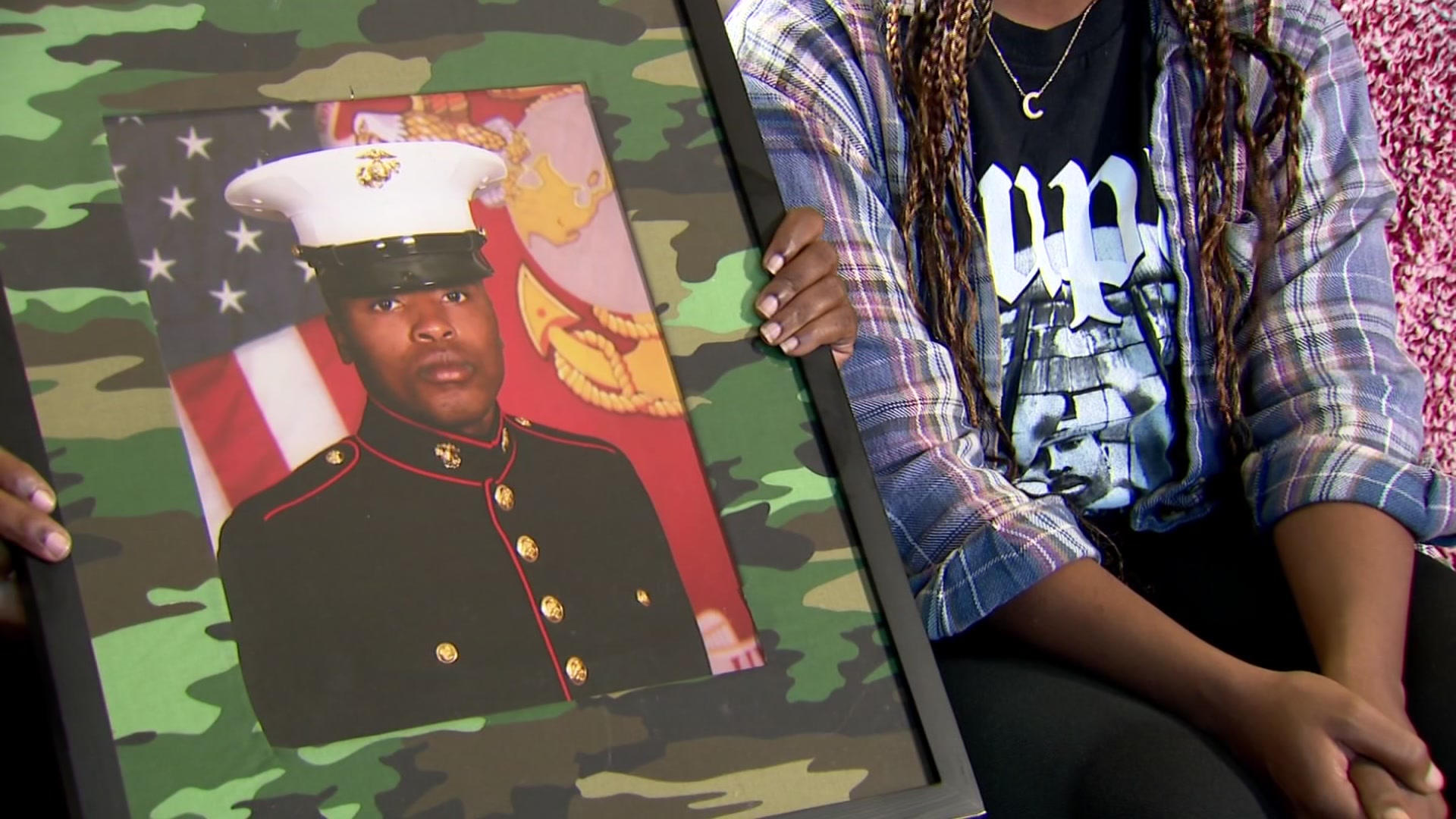One of the four hostages held at gunpoint inside a Colleyville temple for hours on Saturday is sharing his story of the harrowing ordeal.
Jeffrey Cohen said the suspected hostage-taker identified by authorities as Malik Faisal Akram arrived at Congregation Beth Israel in Colleyville before he did, looking for a place to warm up.
“We invited him in. The rabbi gave him a cup of tea, let him sit in the back. When I came in, Rabbi Charlie motioned me to come say hello, because I’m one of the congregants. I’m vice president, so I normally would greet someone,” Cohen said on MSNBC Tuesday morning. “I went over and I had no reason to assume that he was anything other than what he said. His eyes weren’t darting or anything like that. His hands weren’t shaking or anything of the normal things. He was quite jovial, he was friendly.”
Less than an hour into their service Saturday, Cohen recalled they did an Ameda prayer where congregants were standing and facing east towards Jerusalem.
Get DFW local news, weather forecasts and entertainment stories to your inbox. Sign up for NBC DFW newsletters.
“It’s part public and part private prayer, and we got into the private prayer. I had gone through mine and sat down then we heard…or I heard that mistakable click of a semiautomatic being loaded, but it was out of context. It didn’t make sense,” he said. “Very soon after that, he [Akram] started yelling.”
Cohen said he began to dial 911 on his phone, which had been turned over with the screen down.
“He [Akram] was calling for us to come to the back, so I exit the row of chairs I was in and I moved a little bit towards to him but I very strategically positioned myself in the line to get to the exits,” he said.
Local
The latest news from around North Texas.
Cohen said that was something taught to their congregation during their training and being prepared to run during a crisis situation.
“The whole time I was focused on, what do I need to do to get out? Just as importantly, there were several opportunities where I could have just run, but then I would have left my friends behind,” he said. “He [Akram] probably would have shot someone. That’s pretty scary to think about.”
Greg Shaffer is a founder partner of the Dallas-based Shaffer Security Group, which is a risk management and security consulting firm. Shaffer, a retired FBI agent who spent six years on the FBI’s hostage rescue team, said the incident Saturday at the Colleyville temple is a prime reason why training is critical.
“I like to tell people in my training courses, you’re not going to develop a plan in the middle of a crisis. You have to have thought about what your actions are going to be prior to the critical incident,” Shaffer said. “I relate that back to something we’ve all been taught since we were 3-years-old. If your clothes catch on fire, what’s the course of action? You stop, drop, and roll. We’ve been told that since we were 3-years-old so now, we no longer have that fear of catching on fire because we have a plan in place. It’s the same thing for active shooter or hostage situations like this.”
Plans must be developed, communicated, and practiced prior to crisis situations, Shaffer added. He said the goal during an active shooter situation or another critical situation where hostages are involved is to get as many people out of the area as possible.
“You have to train the congregation, you have to train the ushers and the greeters. You have to train the leaders of the synagogue or church or office building, and they all need to be on the same page,” he said. “On average, the hit rate on a moving target by a shooter with a handgun is 4%. The hit rate is 4%. So, you have a 96% chance of not being shot by doing one thing. That’s running.”
Often, Shaffer said places of worship can run into the dilemma of preparing.
“They want to be a place that welcomes everyone. So, they have a very difficult balance to be perceived and looked at and be welcoming to strangers, but the same time balance that security necessity, where they have to vet and check those that come in their building,” he explained.
This week, Rabbi Charlie Cytron-Walker spoke publicly for the first time describing how he and two members including Cohen of his congregation were able to eventually escape. A decision was made to throw a chair and run after Akram as he was melting down from the hours-long negotiation with law enforcement, he said.
“Had he tried that earlier when negotiations were still happening, there maybe have been a different result,” Shaffer said. “So, they waited at the right time when he knew negotiations were breaking down that the hostage-taker was probably voicing violent intent.”
Cohen added Tuesday, he is not the type of person “who can just forgive, so I can’t say I forgive him [Akram].”
“First of all, he was mentally ill. His brother has said so. The way he behaved makes me believe that. Second…was not your typical attacker, 'I want to kill all these Jews.' That was not him. He came into Jews because he bought into these very dangerous stories that Jews control the world, the banks, and the media. We as good people, and we as patriotic Americans we need to challenge those things when we hear them,” he said. “These words do have consequences. They play on people’s ears. They play on people’s fears, and it leads to actions like this where people believe if they want to accomplish a political act…terror to one group or another…in this case, to Jews, is not just capable. It will be acceptable.”



